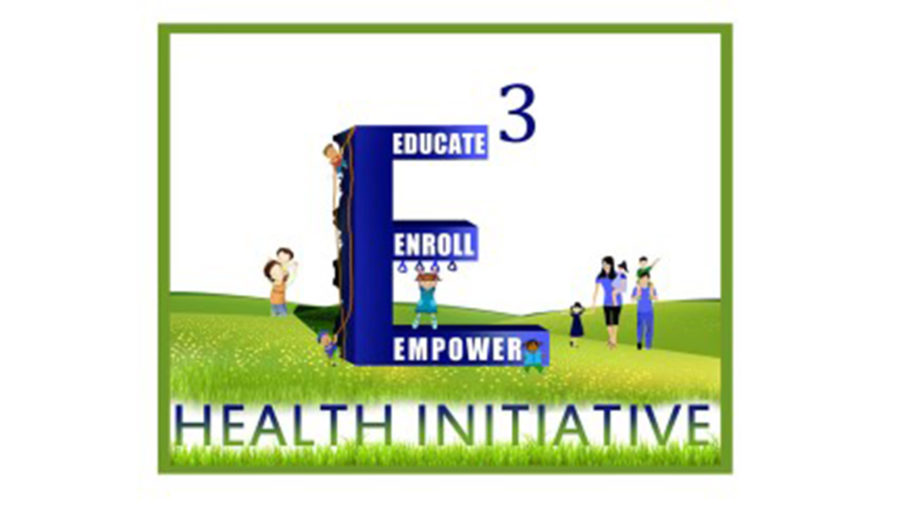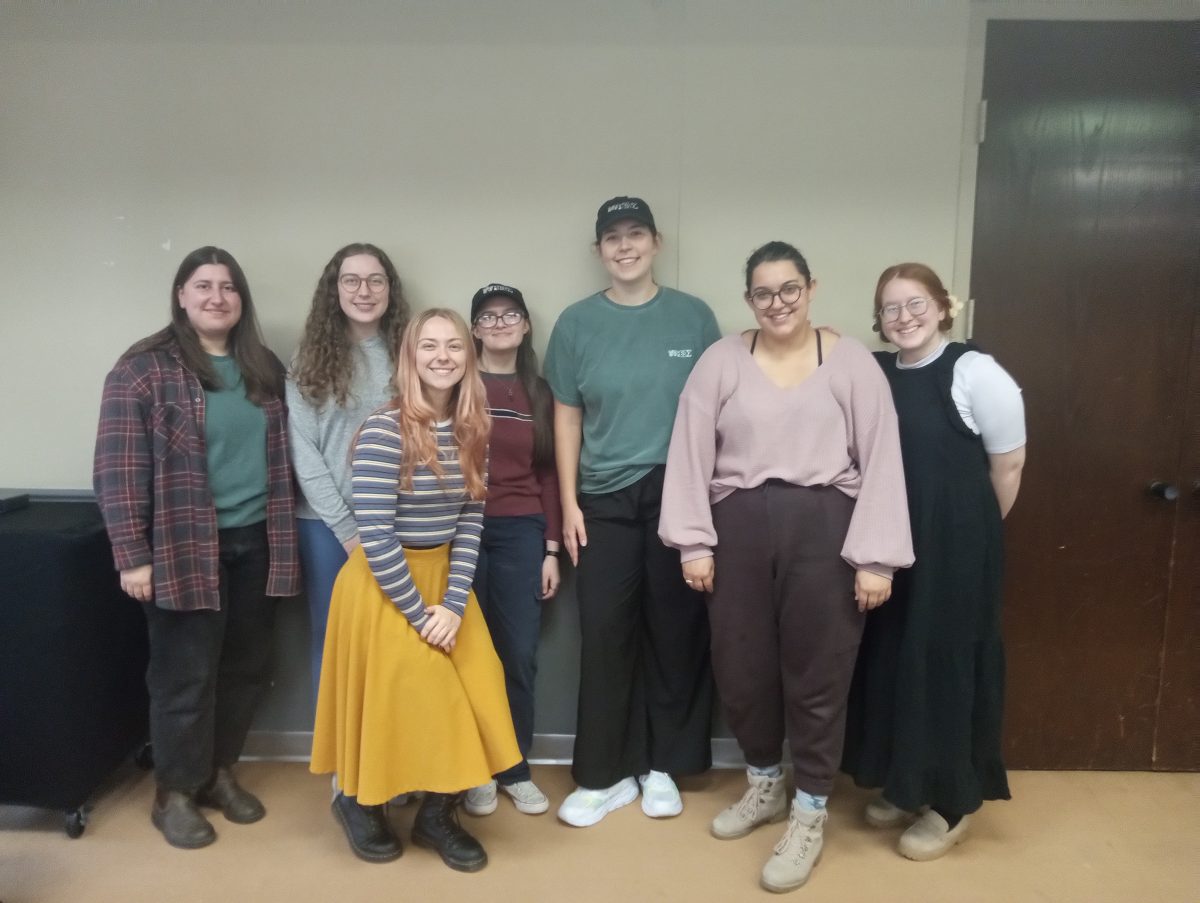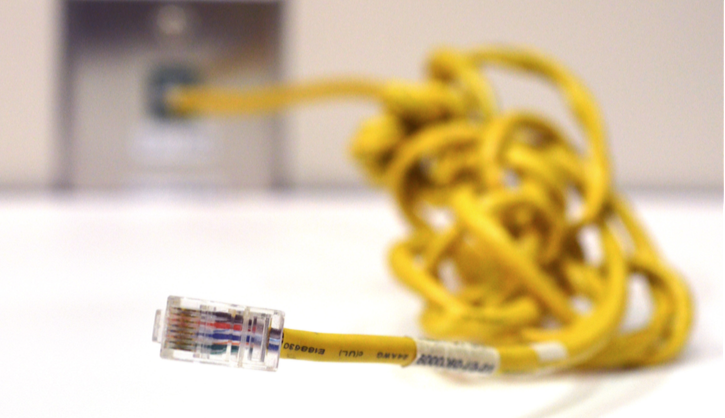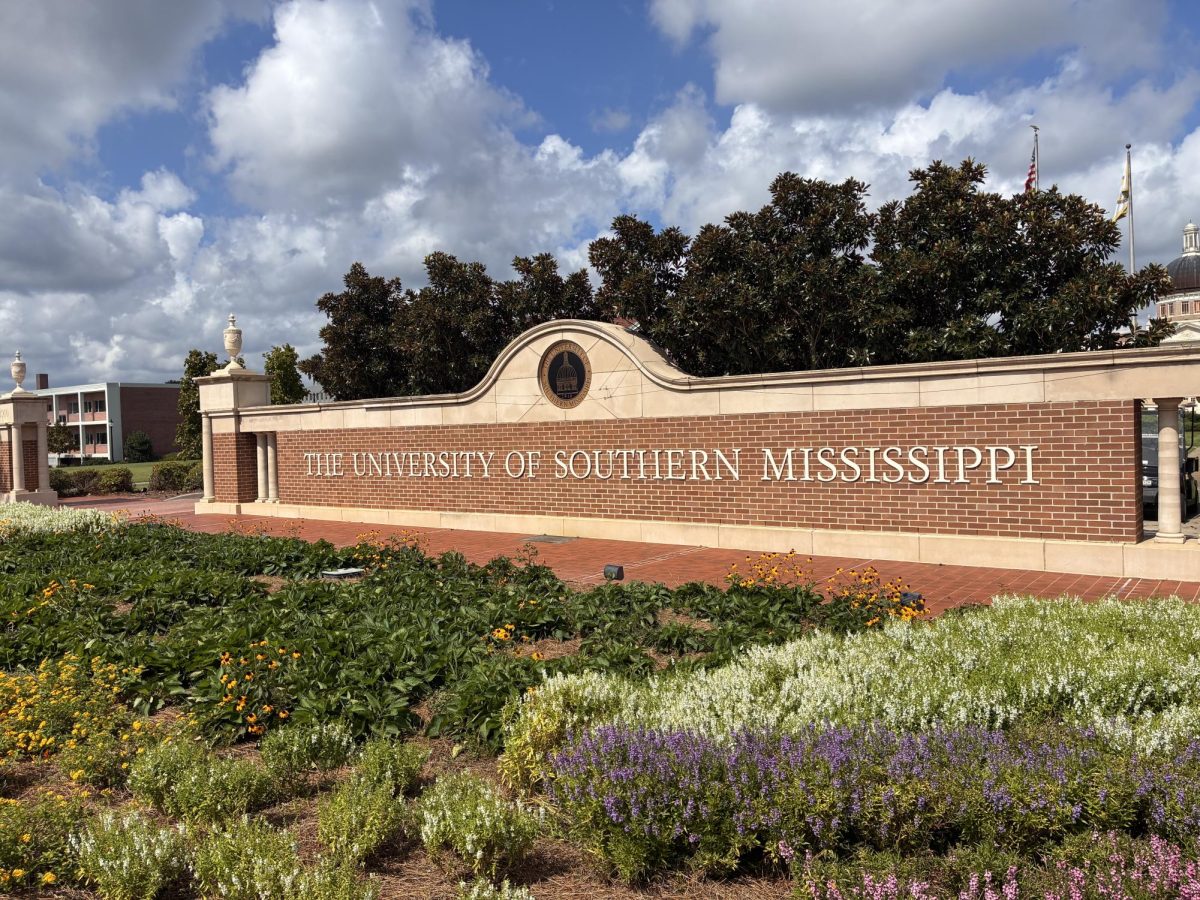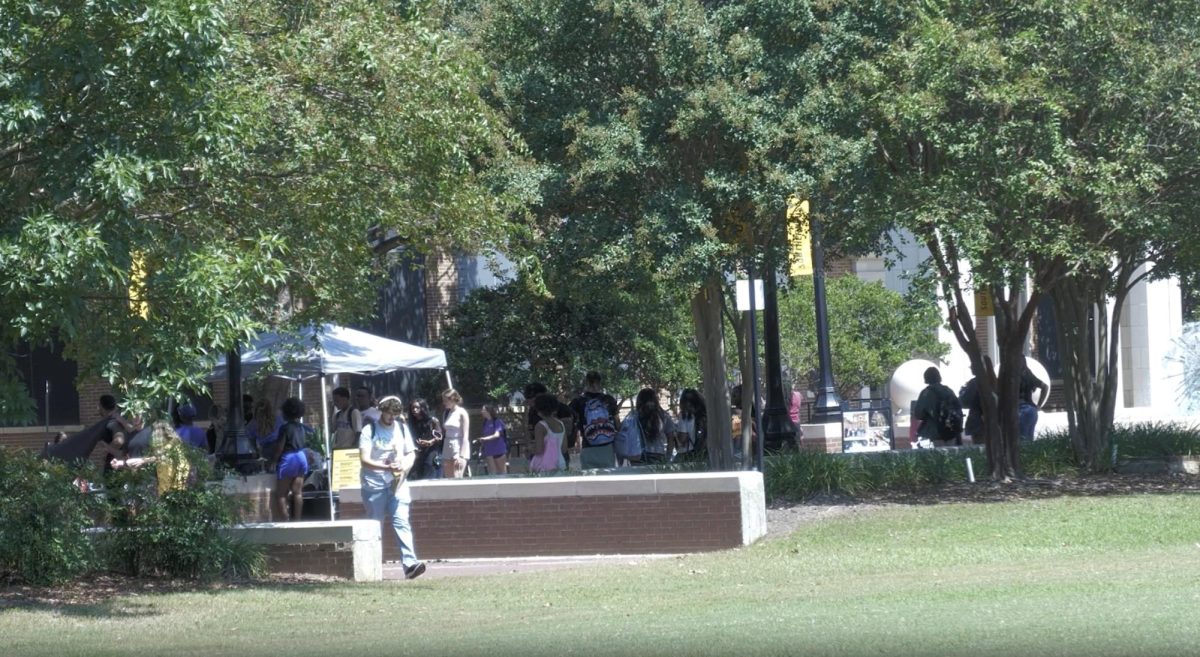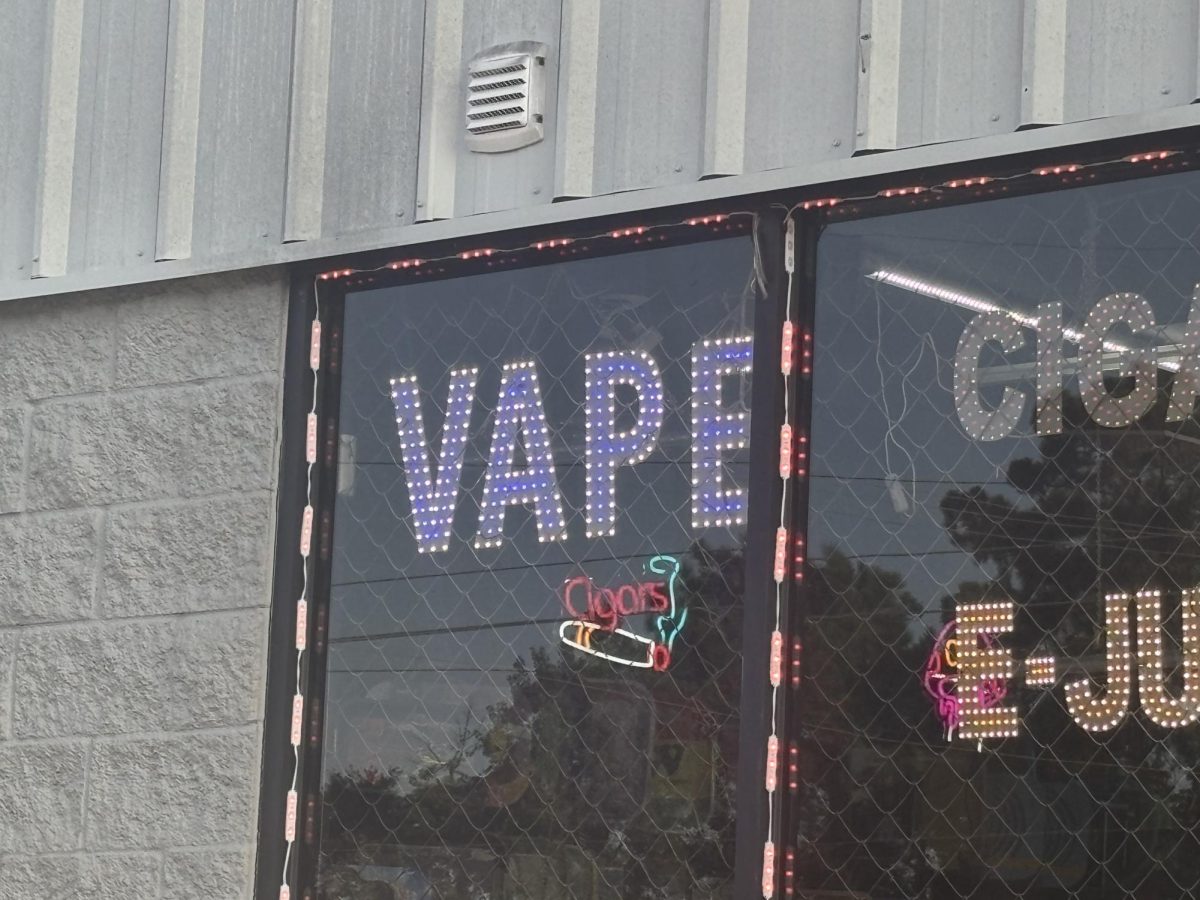The Centers for Medicaid and Medicare Services granted $910,000 to the city of Hattiesburg and the University of Southern Mississippi’s School of Social Work for the E3 Health Initiative.
According to hubcityaccess.com, the E3 Health Initiative, which stands for Educate, Enroll and Empower, “aims to reduce the number of uninsured children and families by providing free application assistance and health coverage education throughout the community.”
Because of the program’s success with the initial grant, the city has received two additional grants to extend its reach.
Initially, the National League of Cities in 2014 granted $250,000 to the the City of Hattiesburg and USM School of Social Work to decrease the number of uninsured children and families in the Lillie Burney, Rowan and Hawkins school districts.
According to USM School of Social Work Assistant Professor Laura Richard, there were roughly 19,000 residents within that area, and the nearly 6,000 who were eligible for health coverage were not enrolled.
“Thanks to the USM School of Social Work research, we knew that in 2014 our targeted area had an uninsured rate of 62 percent,” Richard said. “By the end of the project, E3 had successfully reduced the uninsured rate to 46 percent.”
Richard said the efforts of the E3 Health Initiative resulted in a 65.8 percent growth in Medicaid and CHIP enrollment throughout Forrest County and other counties.
The initiative also resulted in the creation of the Kids Health Access Collaborative (KHAC) and the Mississippi Health Access Collaborative (MHAC).
MHAC is a navigator agency in Mississippi providing education, outreach and enrollment for the Affordable Care Act. It offers enrollment assistance for Medicaid, CHIP and Marketplace coverage in the 24 southernmost counties of the state.
“It grew from one county and one city to 24 counties, and the new one is nine counties,” Hattiesburg Mayor Johnny DuPree told WDAM. “Now you all of this going on all around us, so we’re actually spreading the wealth. We’re actually empowering people. That’s what I think universities and cities who, I think, have learned how to do things and do it well, they ought to not just sit on it. They ought to spread the wealth, so that everybody else can learn how to do the same thing.”
As program administrator for the two new grants, Richard said that in just one year, MHAC expanded the E3 program model to reach 15,000 people across the 24 counties.
The program targets hard to reach populations and rural communities. MHAC has assisted around 63 percent of those who live in rural areas with less than 2,500 people.
KHAC is one of the newest expansions to E3 that was awarded $910,000 from the Centers of Medicare and Medicaid Services to enroll children in health coverage.
KHAC began working in eight targeted counties that make up Public Health District 8 with a goal to reduce the number of eligible but uninsured children and families by 15 percent.
“The importance of access to health coverage changes life outcomes for children,” Richard said. “It provides them with more opportunities to be successful and makes our communities healthier and more prepared for the future.”

























